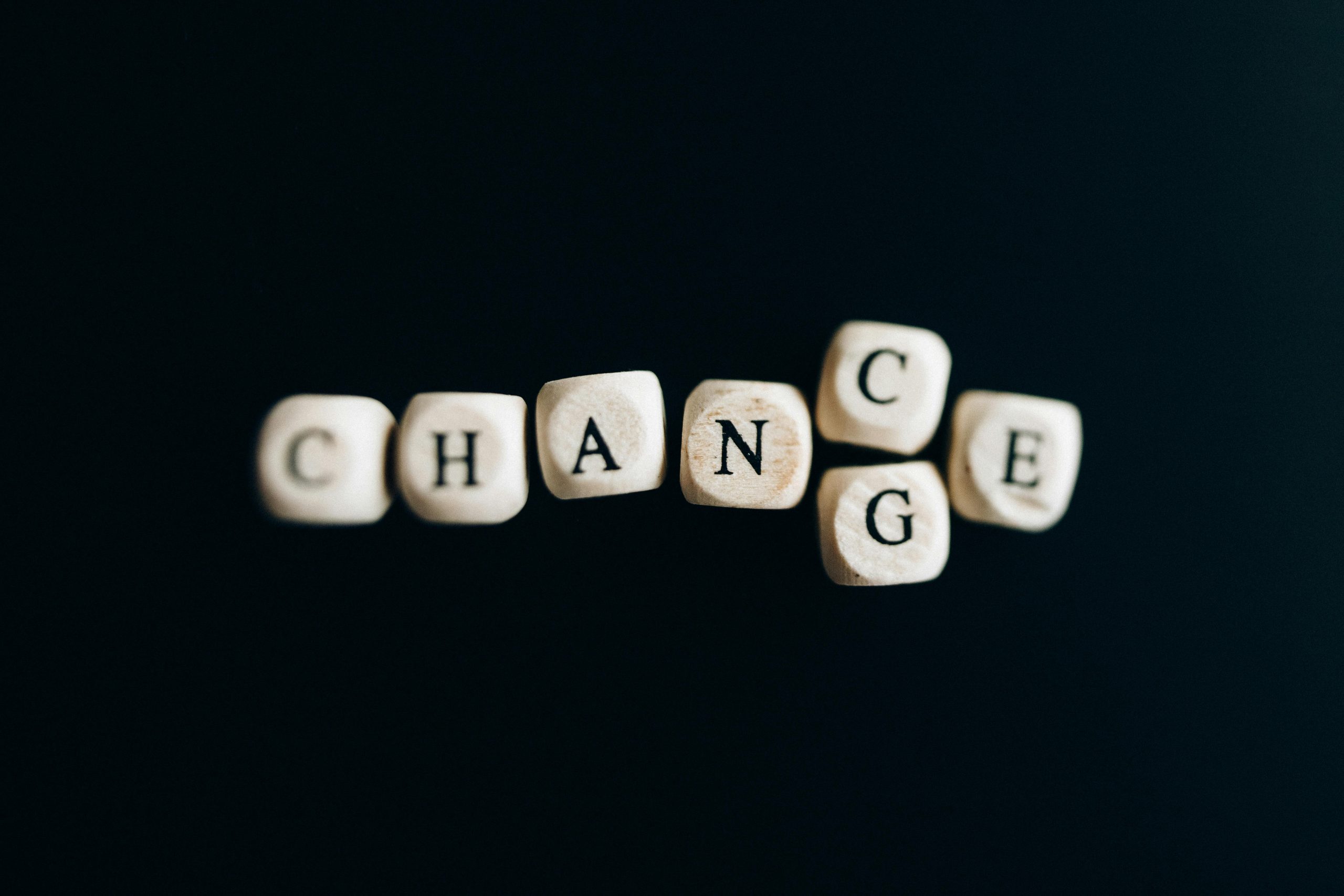“Buy One, Get One Free,” or BOGO, is arguably one of the most powerful promotional phrases in retail. The word “free” triggers a strong emotional response in shoppers. It creates an immediate perception of unbeatable value. Retailers love using BOGO deals because they are incredibly effective at moving inventory and increasing sales. However, a closer look reveals that this popular term can be quite misleading. The “free” item rarely comes without strings attached. In many ways, BOGO might be one of the most psychologically manipulative terms in the retail world. Here’s why.

The Irresistible Psychological Power of “Free”
Our brains are wired to react positively to the word “free.” It signals a lack of risk or downside. When we see a BOGO offer, our rational assessment of value can be short-circuited by the emotional allure of getting something for nothing. This can cause us to make purchasing decisions we wouldn’t otherwise make. We focus on the “free” item we are gaining, rather than the money we are spending to get it. This psychological pull is the primary reason BOGO is so effective for retailers.
How BOGO Encourages Overbuying and Waste
The most direct way BOGO is misleading is that it forces you to buy two items to get the deal. If you only needed one, the promotion has successfully doubled your purchase quantity. This is particularly problematic for perishable goods like dairy, produce, or bakery items. If you can’t consume the second “free” item before it spoils, you haven’t saved any money at all. You’ve simply paid full price for the one you used and created food waste with the other.
The Potential for Inflated Base Prices
To protect their margins, retailers might subtly inflate the price of the first item in a BOGO deal. A product that normally sells for $4 might be priced at $5 for the BOGO promotion. In this case, your “free” item actually costs you $1. While you’re still getting a discount, it’s not the 50% per-item savings you perceived. Without knowing the item’s regular, non-sale price, it’s difficult for a shopper to spot this subtle markup.
Comparing BOGO to a Simple 50% Off Discount
Mathematically, a “Buy One, Get One Free” deal on two identically priced items is the same as a “50% Off” discount applied to both. So why do retailers prefer BOGO? Because “free” is a more powerful motivator than “half off.” Furthermore, a 50% off sale would allow a customer to buy just one item at a discount. BOGO requires them to purchase two to get the deal, guaranteeing a higher transaction value and moving more units for the store.
The “Free” Item Might Be a Less Desirable Version
Sometimes BOGO deals have restrictions. The “free” item might have to be of equal or lesser value. Or the promotion might only apply to specific, less popular flavors, scents, or varieties of a product that the store is trying to clear out. In this case, the “free” item might be something you wouldn’t have chosen on your own, making its value to you much lower than its retail price suggests.
The Opportunity Cost: What Are You Giving Up?

When you spend money on a BOGO deal for an item you didn’t originally plan to buy, there’s an opportunity cost. That money could have been used for something else on your list, put into savings, or used for another financial goal. The BOGO deal can trick you into reallocating your budget on the spot. It misleads you into thinking you’re being frugal, when in fact you might be engaging in unplanned spending.
See “BOGO” for What It Is – A Call to Buy More
The term BOGO is a masterpiece of marketing language. It masterfully reframes a “50% off if you buy two” deal into the much more enticing prospect of getting something for “free.” While BOGO offers can provide genuine value for households that can use the extra quantity without waste, they are inherently designed to make you buy more than you might need. The most misleading aspect is how it can override rational decision-making with an emotional response. To shop BOGO deals smartly, always ask yourself: “Do I truly need two of these?” and “Is the final per-item price still a good deal?”
What are your thoughts on BOGO promotions? Do you find them to be great deals, or do you often feel they encourage you to overbuy? Share your experiences below!
Read More
6 Ways BOGO Deals Can Deceive You (And How to Calculate True Value)
The Ultimate Guide to BOGO Shopping: How to Get Freebies and Save Big
The post Why “BOGO” Might Be the Most Misleading Term in Retail appeared first on Grocery Coupon Guide.







